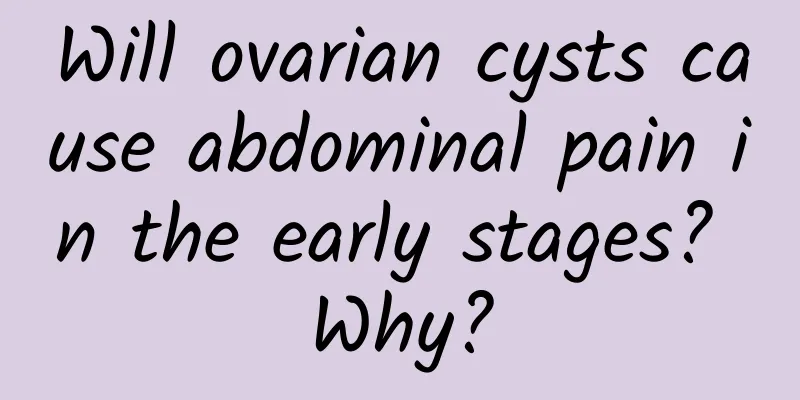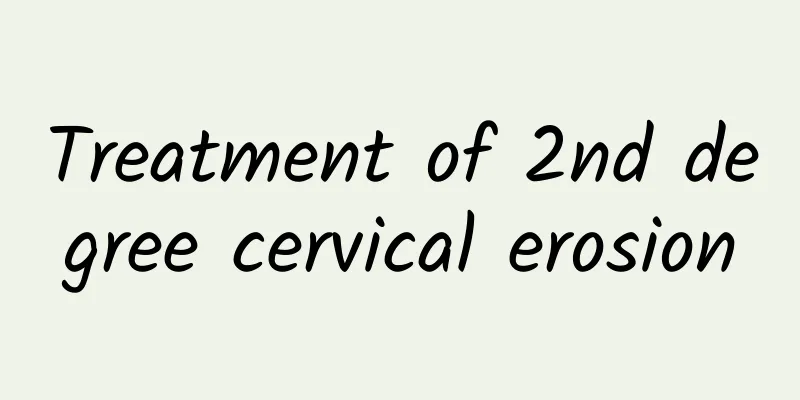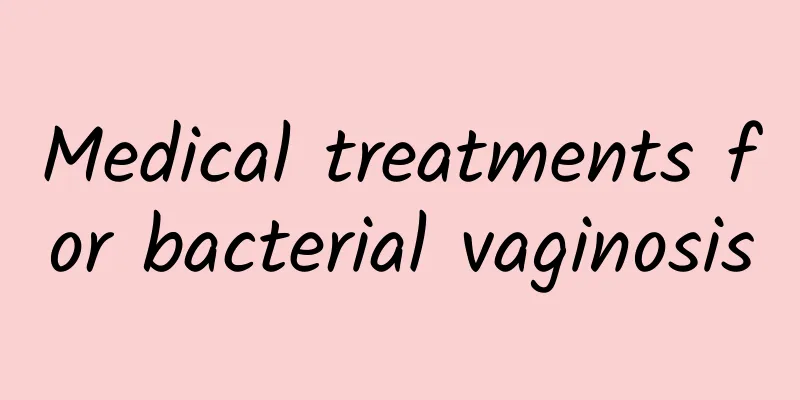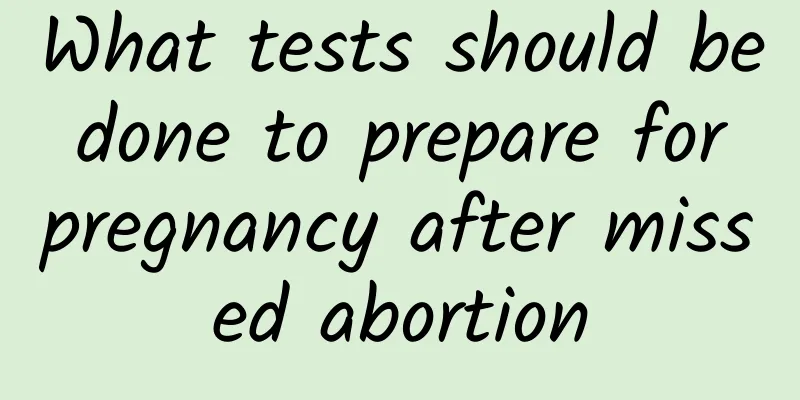Will ovarian cysts cause abdominal pain in the early stages? Why?

|
Will ovarian cysts cause abdominal pain in the early stages? Why? symptom: 1. Discomfort in the lower abdomen: This is the initial symptom of the patient before the lower abdominal mass is touched. Due to the weight of the tumor itself, as well as the influence of intestinal peristalsis and changes in body position, the tumor moves in the pelvic cavity, involving its pedicle and pelvic funnel ligament, causing the patient to have a feeling of distension and heaviness in the lower abdomen or iliac fossa. 2. Increased abdominal circumference and abdominal mass: Most patients with ovarian cysts only notice the enlargement of their abdomen when they find that their clothes or belts seem tight, or they feel it occasionally in the morning, so they press their abdomen and find a mass in the abdomen, coupled with abdominal distension and discomfort. In addition, larger cysts can cause pressure near the bladder, causing frequent urination and difficulty urinating. Especially when these symptoms are more severe, bleeding is frequent and occur at the same time, women are more likely to have ovarian cysts, and the harm of malignant ovarian cancer is greater. At this time, you should go to the hospital for treatment as soon as possible to avoid causing greater harm to the body. After understanding the above introduction, let's take a look at the three situations in which ovarian cysts cause abdominal pain: 1 Ovarian tumor pedicle torsion: It is a very common gynecological acute abdomen, often occurring in cysts with a long pedicle, large mobility, medium size, and a center of gravity biased to one side. Pedicle torsion is prone to occur when the patient's body position changes or during pregnancy or the puerperium due to changes in the position of the uterus. The patient experiences severe abdominal pain or even shock, accompanied by nausea and vomiting. 2 Infection: Except for secondary infection after ovarian tumor torsion, infection of adjacent organs, or infection caused by the oily contents of mature teratoma, ovarian tumors are not commonly complicated by infection. 3. Cyst rupture: It can be natural rupture, such as torsion or puncture of the cyst wall by the tumor. It can also be caused by trauma, such as squeezing, childbirth, sexual intercourse, gynecological examination or puncture. |
<<: Is microwave therapy effective for treating pelvic effusion?
>>: Can obesity cause menstrual irregularities?
Recommend
How can girls with dysmenorrhea soak their feet better? How can girls with dysmenorrhea soak their feet better?
Dysmenorrhea is a common discomfort that female f...
Experts set off to the United States to inspect the factory! Nearly 80% of it is supplied to our beef factories
In response to the discovery of the fourth case o...
Can I eat red dates if I have gastritis?
Patients with gastritis can eat red dates in mode...
What are the symptoms of mild cervical erosion? Three symptoms need to be vigilant
Cervical health needs to be taken seriously. Afte...
What are the symptoms of early uterine fibroids? Will early uterine fibroids change the menstrual cycle?
Although uterine fibroids are just benign tumors ...
Is ovarian cyst serious? What consequences will it bring?
Are ovarian cysts serious? What are the consequen...
What fruits are good to eat after painless abortion? Can you eat fruits after painless abortion?
What fruits are good to eat after painless aborti...
Is Bartholinitis Contagious?
Bartholin glands are also called Bartholin glands...
How pelvic inflammatory disease is caused
What causes pelvic inflammatory disease? Pelvic i...
The main infection routes of candidal vaginitis
Once a female friend suffers from candidal vagini...
What is the cause of multiple uterine fibroids? Are multiple uterine fibroids benign tumors?
The cause of multiple uterine fibroids is a probl...
Learn how to prevent vaginitis in your daily life
Vaginitis is a common and recurring gynecological...
Can metronidazole effervescent tablets treat cervical erosion? 11 things to note when using metronidazole effervescent tablets to treat cervical erosion
Cervical erosion is a gynecological disease with ...
Does black coffee help you lose weight and burn fat? Nutritionist Zeng Huijun reveals: 5 principles of drinking coffee for healthy weight loss
In order to refresh the mind and satisfy the appe...
The main reason for cervicitis is low body resistance
The appearance of cervicitis is too common in tod...









